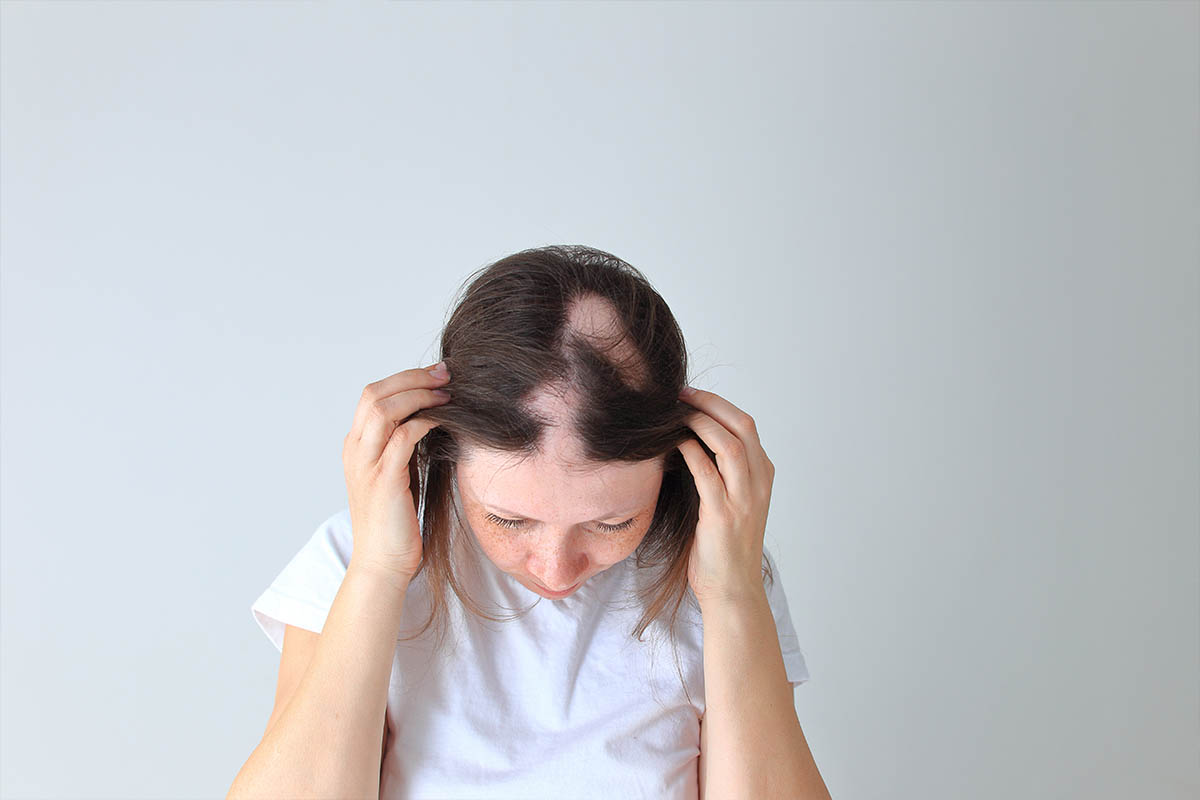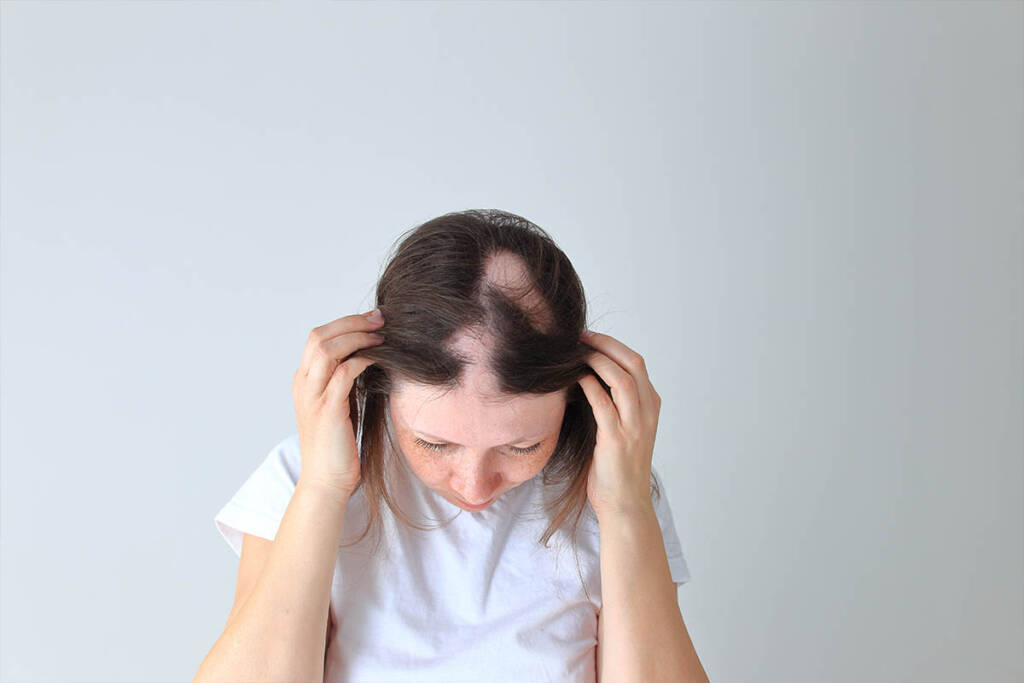Health
Alopecia: what it is, causes, symptoms and how to treat it

Alopecia is a more common problem than you think. Let’s find out what are the causes and how to remedy them.
When we talk about alopecia we mean the presence of multiple areas without hats. This can occur anywhere on the body but occurs mostly in the scalp .
It is, therefore, a condition that can create a certain discomfort, above all because it is clearly visible and difficult to hide. In the event of a lack of hair in one or more areas of the skin, it is therefore very important to consult a doctor in order to understand the causes and possible treatments.
Alopecia: the most common causes
If you think of alopecia and what it is, just think of a pathology that can have various causes, each of which leads to very different prognosis and treatments.

In fact, there is stress alopecia which usually returns by itself within a few months and androgenetic alopecia, which derives from hormonal factors and can affect both men and women.
There is that aerated which is caused by inflammation of the hair follicles and which leads to patchy hair loss. And then there is the scarring which is among the rarest and which leads to the destruction of the hair follicle, which is why the fallen hair cannot grow back in any way.
All forms of alopecia can in turn be acquired or hereditary. For this reason, only a medical consultation can help you understand what situation you are in and how to act to try to resolve it.
What are the cures for alopecia
As already mentioned, when it comes to alopecia and treatment, it all depends on the cause of the hair loss. In case of stress alopecia, for example, natural remedies against alopecia can be useful, which will be associated with a more relaxing life.
In case of hair loss due to alopecia of another type, however, the treatments vary and range from the application of specific drops on the skin to the use of drugs aimed at stopping hair loss.
In severe cases, unfortunately, there is nothing to be done and the doctor himself will suggest a possible hair transplant.
In any case, since it is a very strong discomfort it is always useful to also ask for help from a psychologist in order to have help in managing emotions.
Riproduzione riservata © - WT











